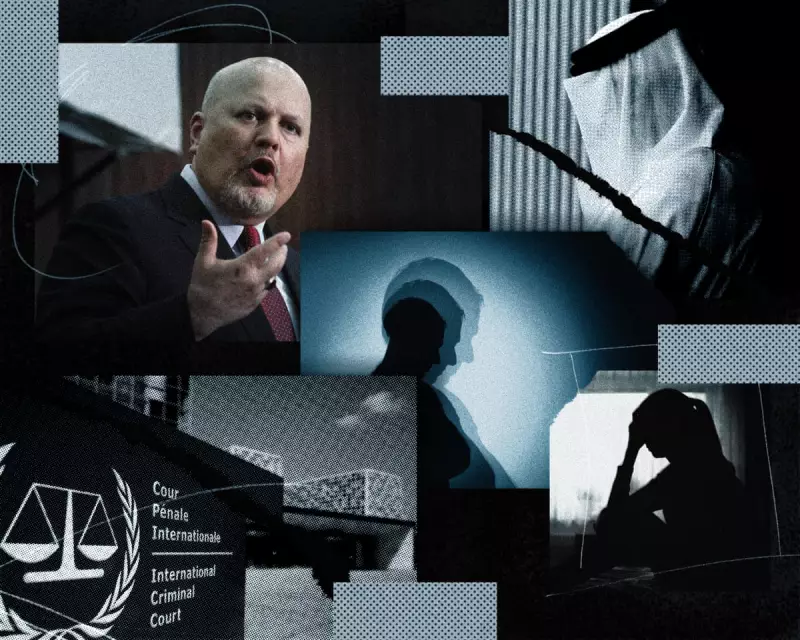
In a startling development that threatens to undermine international justice, a sophisticated intelligence operation with direct links to the Qatari government has been systematically targeting the International Criminal Court's chief prosecutor and key witnesses in ongoing war crimes investigations.
The Covert Campaign Against Justice
According to documents obtained by The Guardian, the covert operation focused on Karim Khan, the British barrister serving as ICC prosecutor, along with individuals identified as victims in cases being pursued by the court. The revelations point to a calculated effort to monitor and potentially influence the ICC's sensitive investigations.
Sophisticated Digital Espionage
The intelligence campaign employed advanced cyber techniques, including:
- Targeted surveillance of communications between the prosecutor's office and victims
- Monitoring of digital activities of key ICC personnel
- Attempts to access confidential case materials and evidence
- Systematic tracking of witness movements and testimonies
Qatari Connections and Denials
Multiple sources and digital evidence directly connect the operation to Qatari intelligence services. The timing coincides with several high-profile ICC investigations that could potentially involve Qatari interests or regional allies.
Qatar has issued firm denials regarding any involvement in targeting the ICC or its officials. A government spokesperson stated they "fully respect the independence of international judicial institutions" and denied any knowledge of the alleged operations.
Implications for International Justice
This case represents one of the most serious alleged breaches of the ICC's independence in recent years. The targeting of both the chief prosecutor and victims raises fundamental questions about:
- The ability of international courts to operate free from state interference
- The safety and security of witnesses in war crimes cases
- The integrity of ongoing investigations into alleged atrocities
- Protections for judicial independence in an era of digital espionage
Expert Reactions
International law experts have expressed grave concern about the revelations. "If proven, this represents a direct assault on the foundations of international justice," said Dr. Eleanor Vance, professor of international law at Oxford University. "The ICC cannot function if its prosecutors and victims live in fear of state-sponsored surveillance."
What Happens Next?
The ICC has confirmed it is investigating the security breach while maintaining that its work continues uninterrupted. However, the case has prompted urgent reviews of security protocols at international judicial institutions worldwide.
As the investigation unfolds, diplomatic tensions are expected to rise, with calls growing for transparent accountability and stronger protections for international judicial independence.





